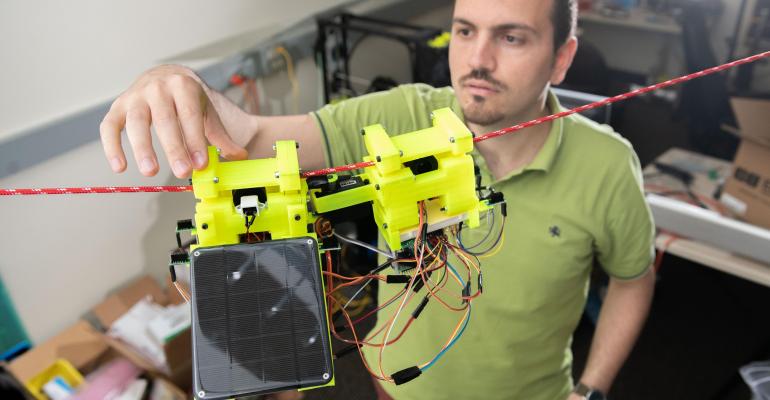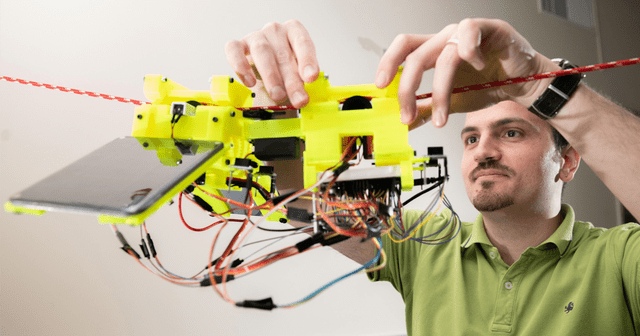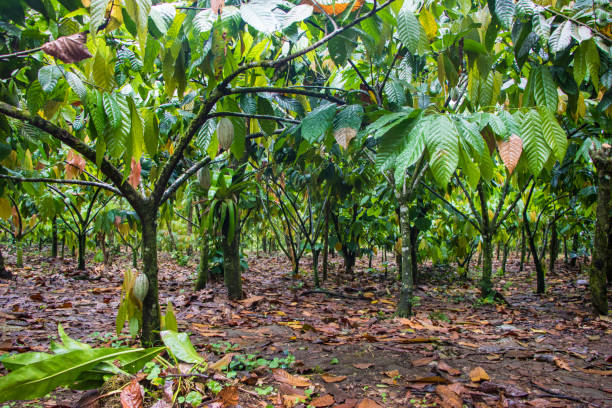Scientists Built A Robot Sloth To Study Real Sloths
Patanjali Talavalakar - Jun 25, 2019

A slow-paced robot called SlothBot will rest in the forests' canopy level in order to observe changes in the environment and existing sloth populations
- Cafe In Tokyo With Robot Waiters Controlled By Disabled Staff
- This $333,000 Robot Kitchen Can Cook 5,000 Recipes From Scratch
- Experts Build A Robot Hand That Smells Like A Woman For Lonely Men To Hold
A slow-paced robot called SlothBot will rest in the forests' canopy level in order to observe changes in the environment as well as existing sloth populations for several months each time. The robot's mission is to imitate the sloth's inactive lifestyle, and it will change position only when it needs. This will mark a difference of emphasis from the common priorities of robotics study by switching strength and agility for effectiveness.

Proof-Of-Concept
The evidence for the feasibility of this robotic design has been introduced at a robotics conference by Georgia Institute of Technology roboticists earlier this year. Not like the real sloths sticking to branches, this SlothBot will be able to hang and crawl at a slow pace on a wired network. General speaking, the robot is designed to save its power, to move only if necessary. For example, it can move to a sunny spot to get its batteries recharged.

“In robotics, it seems we are always pushing for faster, more agile, and more extreme robots. But there are many applications where there is no need to be fast. You just have to be out there persistently over long periods of time, observing what’s going on," said Magnus Egerstedt, project leader.
The First Test
Scientists will take SlothBot for a test for the first time. The location seems to be a cacao farm in Costa Rica, where sloths living there have already made their own "sloth superhighway" using a cable system that was meant to transport crops, according to Egerstedt.

At the farm, the SlothBot will have a normal life with its real relatives, while observing the long-term environmental changes.
Featured Stories

Features - Jul 01, 2025
What Are The Fastest Passenger Vehicles Ever Created?

Features - Jun 25, 2025
Japan Hydrogen Breakthrough: Scientists Crack the Clean Energy Code with...

ICT News - Jun 25, 2025
AI Intimidation Tactics: CEOs Turn Flawed Technology Into Employee Fear Machine

Review - Jun 25, 2025
Windows 11 Problems: Is Microsoft's "Best" OS Actually Getting Worse?

Features - Jun 22, 2025
Telegram Founder Pavel Durov Plans to Split $14 Billion Fortune Among 106 Children

ICT News - Jun 22, 2025
Neuralink Telepathy Chip Enables Quadriplegic Rob Greiner to Control Games with...

Features - Jun 21, 2025
This Over $100 Bottle Has Nothing But Fresh Air Inside

Features - Jun 18, 2025
Best Mobile VPN Apps for Gaming 2025: Complete Guide

Features - Jun 18, 2025
A Math Formula Tells Us How Long Everything Will Live

Features - Jun 16, 2025
Comments
Sort by Newest | Popular